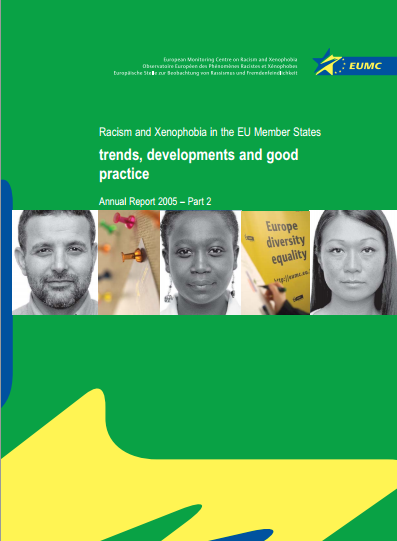“We have only once staged a protest against a muslim leader”, Peter Tatchell states. “That was against the rightwing, misogynist, anti-semitic and homophobic cleric, Dr Yusuf Qaradawi.” So that’s alright, then. Tatchell and his friends in Outrage mount a hysterical, lying campaign against one of the world’s leading Muslim scholars, but it doesn’t means they’re Islamophobes.
Weekly Worker, 24 November 2005
Tatchell also informs us that “most of the Muslims that the SWP-Respect ally with are homophobes, but the vast majority of Muslim people in this country seem to be prepared to live and let live”.
Now here’s a thing. On Tatchell’s website you can find this article which warns that “homophobic Muslim voters may be able to influence the outcome of elections in 20 or more marginal constituencies. Their voting strength could potentially be used to block pro-gay candidates or to pressure electorally vulnerable MPs to vote against gay rights legislation (and other liberal measures)”. Has Tatchell changed his mind about this, then? In which case, why is the article still on his website?
It would also be interesting to hear from Tatchell about current relations between Outrage and the Gay and Lesbian Humanist Association, given that the two organisations have long enjoyed a close alliance and some overlap in membership.
GALHA secretary George Broadhead’s Islamophobic remark – “What does a moderate Muslim do, other than excuse the real nutters by adhering to this barmy doctrine?” – was quoted in a speech at the Respect conference. Earlier this year, in reponse to reports that Dr al-Qaradawi was about to visit Britain, Broadhead stated (see here and here) that Qaradawi should not be allowed into the UK at any time, “let alone at a time when the country is reeling from the kind of extreme violence that is spawned by his religion”.
Given the historically close association between Outrage and GALHA, one might have thought that, as a staunch opponent of Islamophobia, Tatchell would be the first to condemn such remarks. But, so far, not a peep.

 The Muslim minorities in Europe has been subject to increasing discrimination and violent attacks, EU’s racism watchdog said Wednesday, November 23, urging the European countries to do more efforts to combat racism and xenophobia.
The Muslim minorities in Europe has been subject to increasing discrimination and violent attacks, EU’s racism watchdog said Wednesday, November 23, urging the European countries to do more efforts to combat racism and xenophobia. Jose Padilla, a US citizen held without charge for more than three years after being accused of planning to detonate a radioactive “dirty bomb” in a large American city, was yesterday indicted on the lesser charges of conspiring to “murder, kidnap and maim persons” overseas.
Jose Padilla, a US citizen held without charge for more than three years after being accused of planning to detonate a radioactive “dirty bomb” in a large American city, was yesterday indicted on the lesser charges of conspiring to “murder, kidnap and maim persons” overseas.